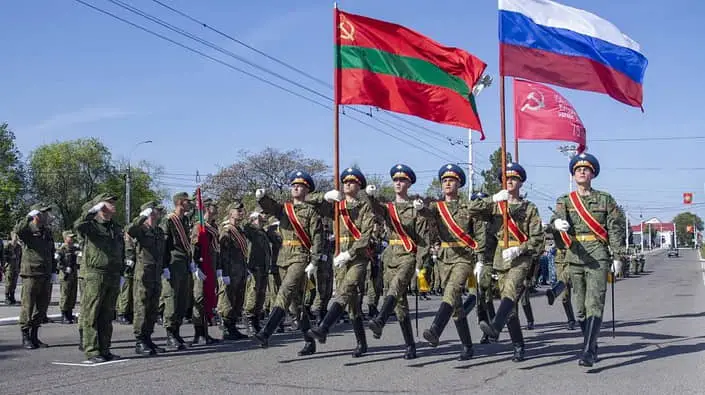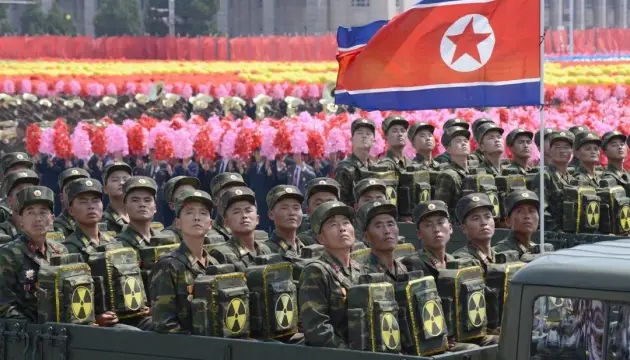Elections without choice, or how putin was re-elected in russia
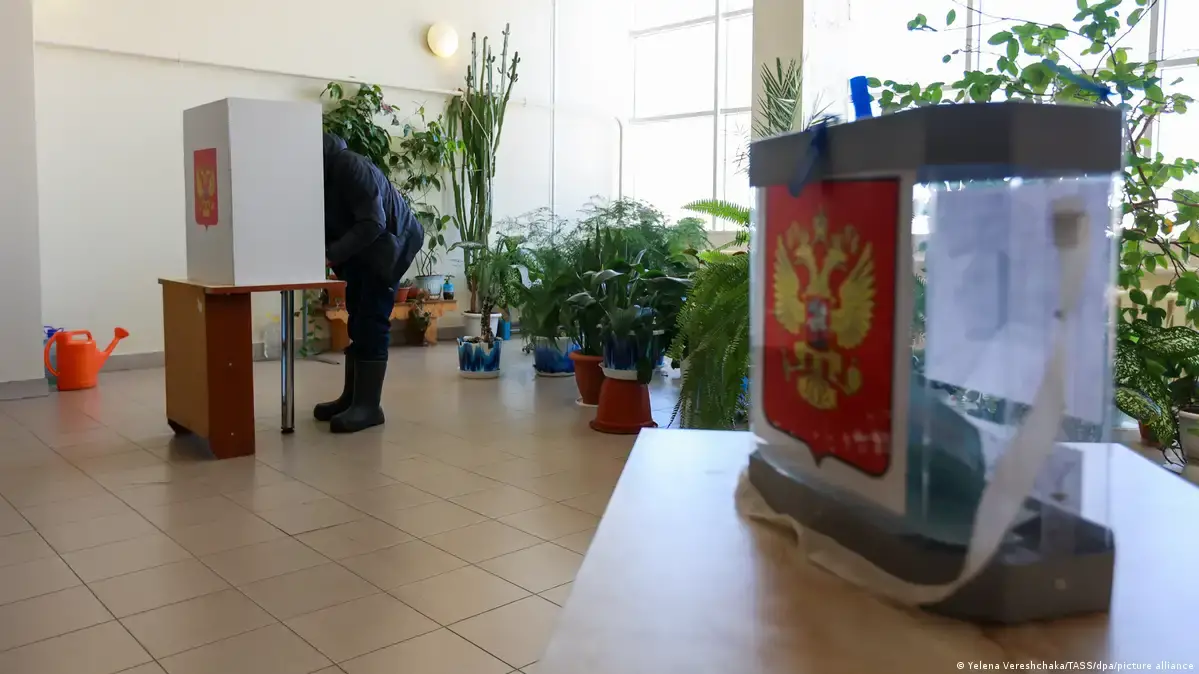
According to preliminary data from the CEC, vladimir putin won 87.86% of the vote.
russian dictator vladimir putin has won the presidential election, according to the results of state exit polls. According to the RPORC exit poll, Putin received 87% of the vote. The share of invalid ballots was 1.2%. If the CEC officially approves the results of the vote for putin, it will be his record-breaking performance. His highest result was in 2018 — 76.69%. On December 31, 1999, President Boris Yeltsin resigned from office. vladimir putin became the acting president of the russian federation, and on March 26, 2000, he was officially elected to this position.
Thus, putin has been in office for 24 years. Although for one term — from 2008 to 2012 — he was prime minister under the third president, dmitry medvedev. After the next election, putin became president again.
The longest-serving dictator was Joseph Stalin, who served 29 years from 1924 to 1953. Leonid Brezhnev ruled for 18 years.
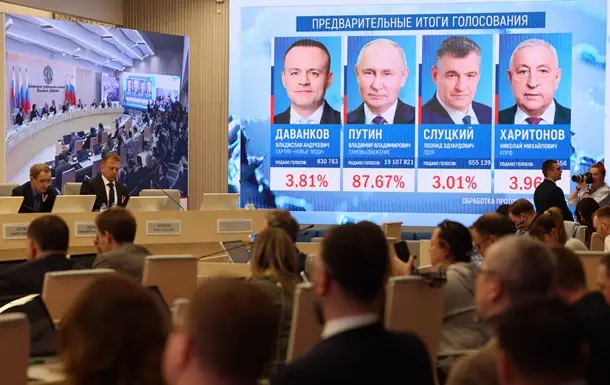
Response of the civilized world to this election
The White House National Security Council spokesman on Sunday night sharply stated that there are no free or fair elections in russia, given that putin imprisons political opponents and does not allow other candidates to run against him. On March 15, the President of the European Council Charles Michel "congratulated" vladimir putin on his convincing victory in the elections.
According to the European politician, the presidential elections in russia are elections without opposition, without freedom and without choice. Latvian Foreign Minister Krišjānis Kariņš said that the so-called elections in russia lack any democratic legitimacy and have lost their purpose.
- The person responsible for the bloodiest war in Europe since the Second World War continues his rule as president of russia, — Kariņš said.
The German Foreign Ministry has stated that the pseudo-elections in russia are not free, not fair, and the result will not surprise anyone.
- putin's rule is authoritarian, he relies on censorship, repression and violence. The "elections" in the occupied territories of Ukraine are invalid and are another violation of international law", the ministry emphasized. The Czech Foreign Ministry said that the elections in russia were not transparent and democratic. Moreover, they took place during the war of aggression against Ukraine. russian society and independent media are constantly subjected to harassment and persecution.
In addition, a number of presidential candidates, especially those who oppose Ukraine's war, were disqualified from running. russians did not have access to independent information and were not able to elect opposition candidates. The OSCE observer mission was once again denied access to russia.
The Czech Foreign Ministry emphasized that russia organized "voting" in the temporarily occupied territories of Ukraine.
The Czech Republic does not recognize this illegitimate electoral farce in the Autonomous Republic of Crimea and the city of Sevastopol and parts of Donetsk, Luhansk, Zaporizhzhia and Kherson regions of Ukraine. The occupation of these territories is a violation of Ukraine's independence, sovereignty and territorial integrity in accordance with the UN Charter and the principles of international law, the Foreign Ministry said in a statement. According to British Foreign Secretary David Cameron, the so-called presidential elections were illegally held in the occupied territories of Ukraine, where voters had no choice and there was no independent OSCE monitoring.
According to him, free and fair elections do not look like that. The Polish foreign ministry noted that the so-called presidential elections in russia took place under conditions of severe repression against the population, and any democratic choice is out of the question.
In addition, the so-called elections were held in the temporarily occupied territories of Ukraine: in the Autonomous Republic of Crimea and the city of Sevastopol, as well as in Donetsk, Luhansk, Zaporizhzhia and Kherson regions. Voting was also held in Moldovan Transnistria and the Georgian regions of Tskhinvali/South Ossetia and Abkhazia. Thus, the organized "elections" cannot be considered legal, free and fair.
The Polish Foreign Ministry also notes that since the beginning of the war in Ukraine, the russian authorities have intensified repressions against the opposition, ordinary citizens who criticize the authorities, and independent media.
Military censorship, politically motivated criminal cases and the denial of access to the elections to candidates who express anti-war views means that these "elections" can be considered neither free nor fair, the Polish Foreign Ministry said in a statement.
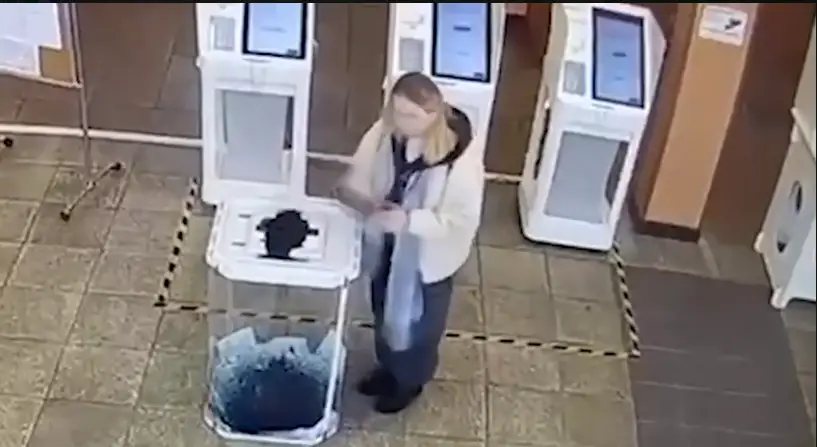
russians massively spoiled ballots
At least six arson attempts occurred at polling stations in different regions of russia during the presidential election. Nine more polling stations were doused with green or ink.
In total, The Moscow Times recorded more than 15 such incidents on the first day of voting.
At a polling station in Maryino, an elderly Moscow resident set fire to a voting booth and then began filming the process on her phone.
In St. Petersburg, a 21-year-old girl threw a Molotov cocktail at the 358th school, where two polling stations are open in the morning. A woman tried to set fire to a ballot box with a bottle of Molotov cocktail. In Ivanovo, an elderly woman set fire to a ballot box at a polling station in a school. In the Moscow region town of Mytishchi, an 83-year-old woman poured gasoline on and set fire to a voting booth at polling station 1699. No one was injured.
In the Sverdlovsk region, in the city of Asbest, the entrance to the building where the polling station was located was set on fire. The fire was extinguished, no one was injured.
In Chelyabinsk, an 80-year-old pensioner set fire to a block of fireworks she had in her bag. "Fireworks began in the room", an eyewitness said.
In addition, voting boxes were doused with brilliant green. Such incidents occurred in Moscow (twice), Simferopol, Rostov, Karachay-Cherkessia, Borisoglebsk, Volzhskoye, Lytkarino and Sochi.
Anyone who tried to set fire to a polling station or spoil ballots with green was detained on the spot. After the arson attack on the voting booth in Moscow, the IC opened a criminal case under Article 141 of the Criminal Code (obstruction of the exercise of voting rights). A case was opened against a pensioner from Mytishchi under the same article. The detainees face up to four years in prison.
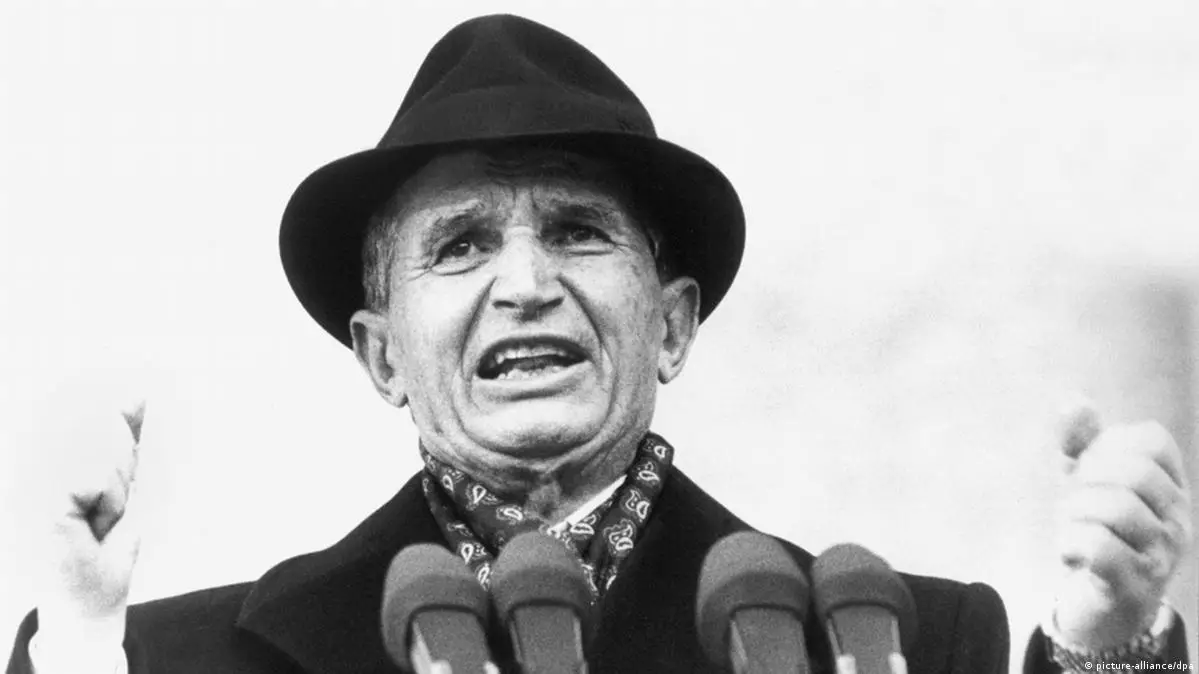
Common features of Ceausescu and Putin. Is the same fate possible for the Russian dictator
Nicolae Ceaușescu, the former dictator of Romania, is known for his methods of election fraud, which he used to maintain his power. During his years-long rule, he convinced citizens of massive support and electoral victories, but this was only an illusion created by falsifying results and suppressing the opposition.
Ceaușescu used a large-scale system of control over the electoral process, where all aspects of voting, from voter registration to vote counting, were under his control. He manipulated the results to ensure his victory and legitimacy in the eyes of the world.
During his rule, opposition parties were suppressed, barred from participating in the electoral process, and their leaders were subjected to harassment and repression. Control over the media was also strict, and it was used to propagandize the regime and discredit any opposition views.
However, during the 1989 Romanian Revolution, public anger grew and Ceauşescu lost support. When he tried to speak to thousands of his followers in Bucharest, his speech was defiant and caused even more anger. People began chanting slogans against Ceauşescu, and he and his wife were forced to flee.
Protesters quickly gained support, and the army refused to follow Ceauşescu's orders. After Ceausescu and his wife were arrested, they were given a brief trial and sentenced to death. On December 25, 1989, they were both executed."
Ceauşescu's fall was the culmination of the Romanian Revolution, which brought an end to his dictatorship and opened the door for democratic change in the country.
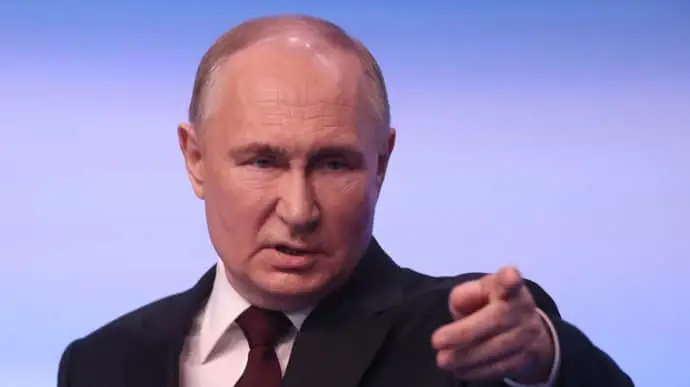
Ukrainian intelligence chief Kyrylo Budanov said the russian dictator understands that "in the eyes of world leaders, especially China, he is becoming an unstable ruler who cannot ensure order in the elections in his country" and called putin a "weakling".
"He shows himself to be a weakling in front of his people and his elites. Weakness is what he fears the most. What is happening in russia now is weakening the regime in general and putin personally. We have to use this weakness and make it an additional weapon", Budanov believes.




